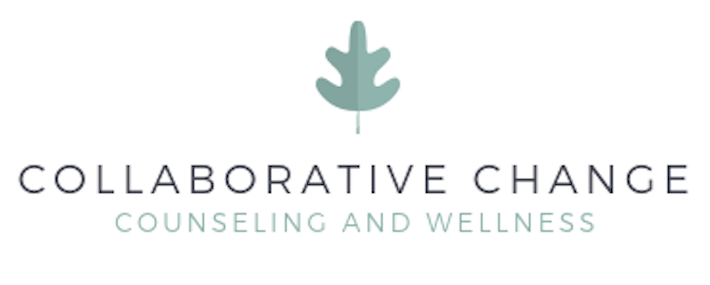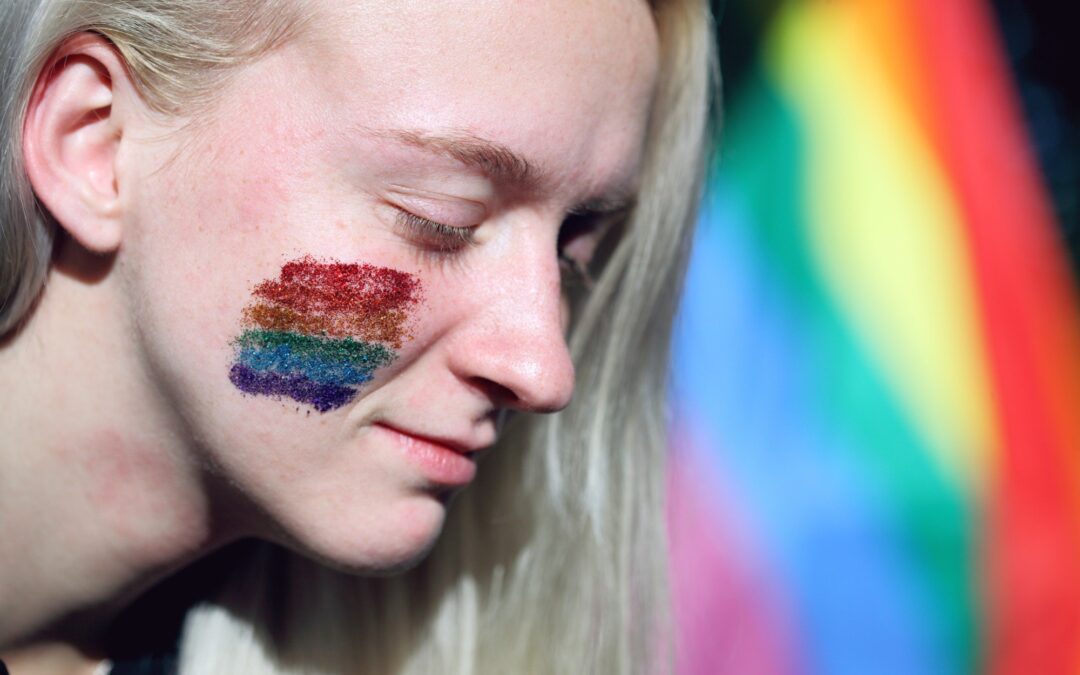In 2020, about 5.6% of people in the United States identified as a member of the LGBT community. However, that number has risen to 7.1% since then.
As more and more people identify as members of the LGBT community, there are also more people looking for a therapist for LGBT clients. However, if you have never looked for a therapist before, it can be difficult to know where to start. The good news is that finding the right therapist for you can be as simple as following a few simple tips.
So how can you find the right therapist for LGBT individuals? Read on to learn all about the most vital things to keep in mind as you consider your therapeutic options!
Know What a Good Therapist Means to You
With so many options for therapists out there, finding the right one is often about limiting your options rather than increasing them. Some people wander through dozens of therapists’ websites hoping to find a therapist who seems like the obvious right choice. However, if you don’t know what you are looking for, recognizing the right therapist for you can be more difficult than it has to be.
Before you start looking at specific therapist options, take the time to sit down and reflect on what you are hoping to find. The clearer your vision of what a great therapist means to you, the easier it will be for you to find that therapist and recognize them when you see them.
Some people prefer to receive counseling from therapists of a certain age or gender. This can also be a good time for you to think about what your budget for therapy is. If there is a type of therapy you are interested in receiving, you can also add that to your list.
Once you know what you are looking for, you will be ready to start considering your options. One easy way to find a lot of therapists is to head to a search engine. However, it is often more efficient to speak with friends or family who understand your specific circumstances and preferences.
Ask Others How to Find a Therapist
Do you know anyone who is also a member of the LGBT community and receives therapy? If so, consider asking them about their experiences. You can also ask for advice from anyone who has experience searching for therapists.
As you speak with your friends or family members, share with them as much about your preferences as you are comfortable doing. The better others understand what you are looking for, the more helpful their advice is likely to be.
In some cases, someone you know might be able to recommend their own therapist for your situation. On the other hand, you might also hear about therapists that people have not had great experiences with. Both kinds of information can help you find the right therapist for your needs as fast as possible.
Look for Online Therapy Reviews
After you have spoken with others about some of your therapist options, you might want to check out reviews for therapists online. After all, if a therapist has tons of positive reviews from past clients, there is a higher chance that you will be satisfied with the help they give you.
Looking at reviews can also give you a sense of how often each therapist you consider works with LGBT individuals. After all, many therapists offer their services to members of the LGBT community without specializing in working with LGBT individuals.
Reading through so many reviews can take a long time. If you are concerned about learning about so many different therapist options, it can also be helpful to look at overall ratings before you proceed to written reviews.
If some of the therapists you have been considering have ratings below a certain level you choose, you might want to save time by investigating other options with better ratings.
Visit a Therapist With LGBT Counseling Experience
In the world of therapy, more experience is not always better. Some clients prefer to work with a therapist closer to their own age, so someone with 40 years of experience in the field may not be the right choice for everyone. However, you will still want to try to find a therapist who has enough experience working with situations similar to your own.
That can mean that they have spent years working with other LGBT individuals. However, it can also mean that they have spent years working with people who have struggled with similar emotional and mental health problems. For example, if you know that you want a therapist to help you with your depression, you may want to focus on therapists who specialize in working with depressed clients.
You might also want to find a therapist who has experience with the LGBT community outside of their profession. If someone has spent years living with members of the LGBT community, they may understand the challenges you face in a deeper and broader way.
Talk to a Therapist With Trauma Training
Although everyone has different needs, there is a good chance you will benefit from finding a therapist with extensive trauma training. Everyone experiences a certain amount of trauma as they grow up and get older. However, many members of the LGBT community have struggled with especially significant amounts of trauma. On top of that, trauma of all kinds can interact with other challenges that LGBT people face.
If your therapist has specific experience helping clients with trauma, you may find that they are more sensitive to your own traumas. There is also a higher chance that they will be able to help you face and integrate those traumas.
Know How to Find a Great Therapist for LGBT People
These days, it is easier than ever to find a great therapist for LGBT clients. However, that also means that it can be more difficult to make the right selection when considering so many different options. We hope that the tips in this article will help you find the right therapist for your unique needs.
Get in touch with us at Collaborative Change Counseling at any time for quality counseling for LGBT individuals!


